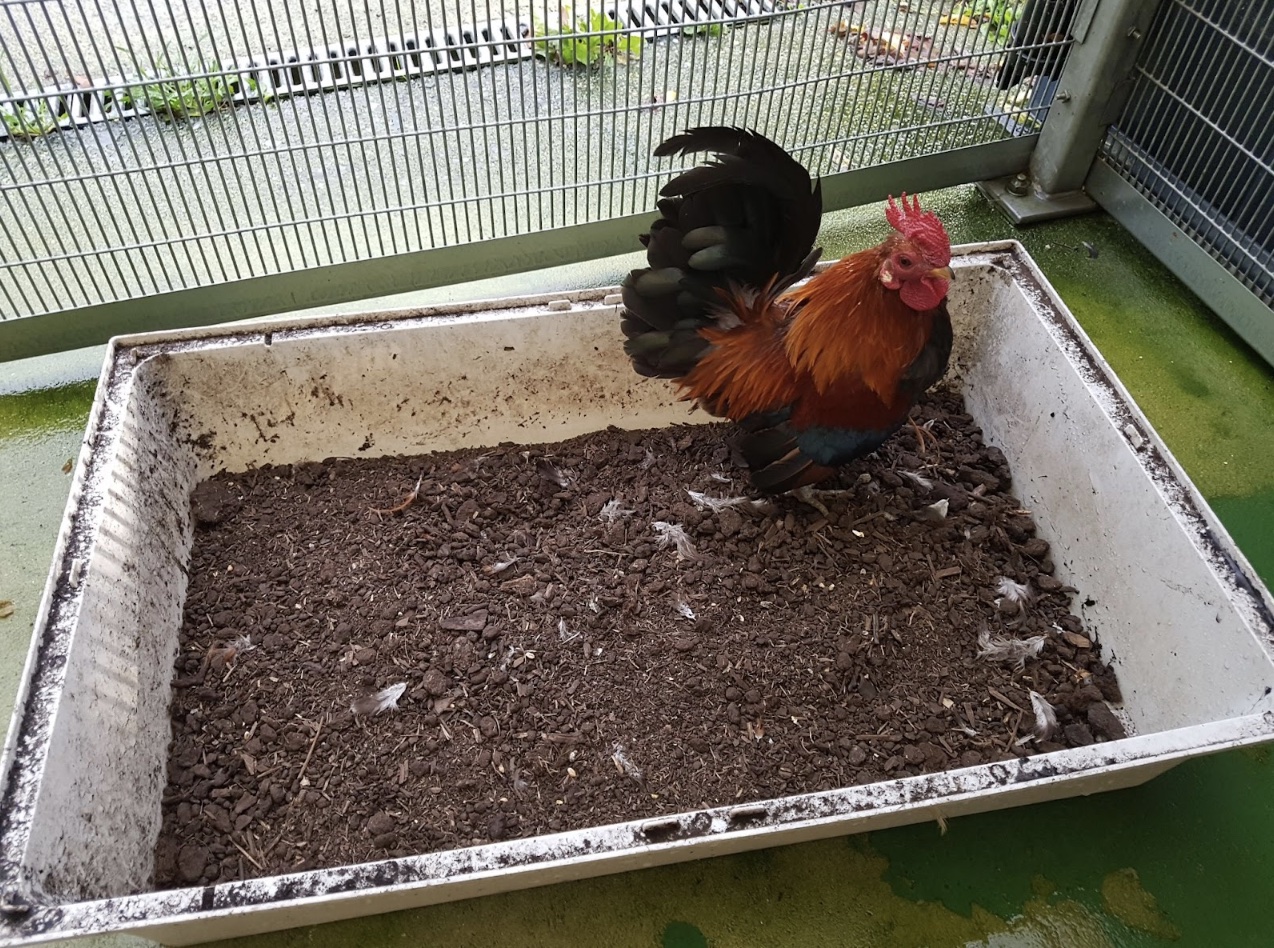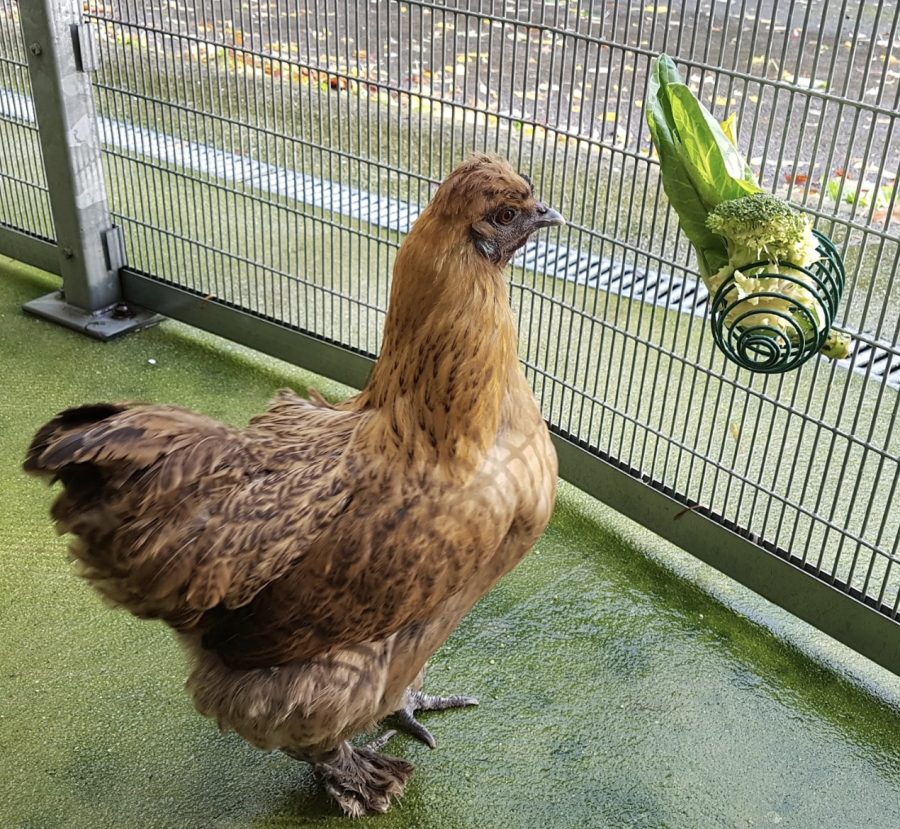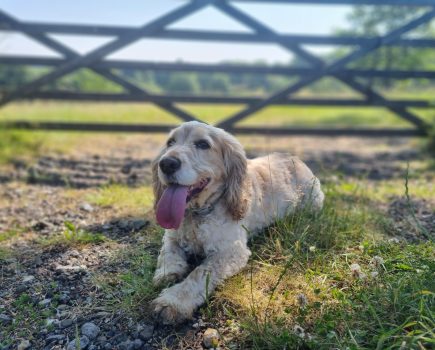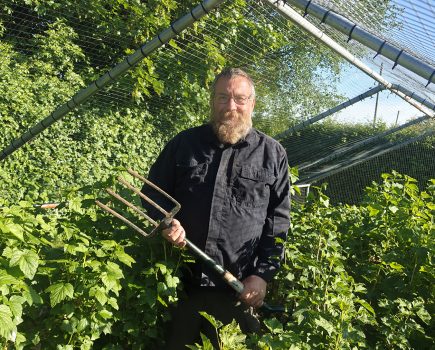Poultry keepers have been urged to provide extra enrichment for their birds as government requirements see areas of Great Britain under housing orders as part of preventative bird flu measures.
Parts of England have already been legally required to keep their birds indoors. This includes East Yorkshire, Hull, Lincolnshire, Norfolk, Suffolk, Shropshire, York and North Yorkshire as part of Avian Influenza Protection Zones following outbreaks in those areas. Now – as of today (Sunday 16 February 2025) – further areas will be under housing restrictions including Cheshire, Herefordshire, Lancashire, Merseyside and Worcestershire.
The rest of Great Britain is also required to follow enhanced biosecurity, but there is currently no mandatory housing order.
The RSPCA strongly recommends that owners and keepers in England and Wales follow fully the UK Government and Welsh Government’s biosecurity advice and keep up-to-date as this can change on a daily basis.
Kate Parkes, poultry expert at the RSPCA, said: “We are sadly once again in the midst of a bird flu outbreak which has seen governments in the UK take preventative steps – including a housing order for some areas of England as well as enhanced biosecurity across Great Britain.
“Keeping hens has become increasingly popular in recent years so it’s important that owners follow official biosecurity advice, staying vigilant for signs of disease and ill health in their flocks, and seeking veterinary advice if they have any concerns for their birds.
“It’s also important to report any suspected outbreaks of avian influenza to the Animal and Plant Health Agency (APHA). All pet poultry owners in England and Wales must register their birds with the APHA within one month, so they can contact owners if there’s a disease outbreak in their area.”
The RSPCA is urging pet owners to keep their flock ‘hentertained’ whilst the housing orders are in place – and beyond. From straw bales to hanging pieces of corn on the cob and tyres with sand in the middle, there are plenty of easy ways that pet owners can keep their birds happy indoors.
Kate added: “Moving cockerels and hens indoors, who have previously had access to the outside, can be quite stressful for them which is why it’s really important to make sure they have lots of enrichment to keep them happy. Having nothing to do can lead to boredom, stress and contribute to problems such as feather pecking. Fortunately, there’s loads of great things keepers can do to keep their animals ‘hentertained’.”

A dustbath adds enrichment for birds
The RSPCA’s top tips
- Provide perches – hens naturally like to access raised perches where they will rest during the day and preen their feathers
- Straw bales and vegetables – providing these items give the hens something to peck at to encourage them to exhibit their natural behaviour and keep them active *Important do not feed kitchen scraps to poultry*
- Tyres filled with sand in the middle – this is a nifty way of encouraging hens to dust bathe which is something they’d usually do outside
- Make a puzzle feeder out of old egg cartons or balls with a hole in the middle
- Verandas – if it is possible create a veranda for your ‘hen house’ this allows them to have more space, get natural light and fresh air while still keeping them safe from bird flu. Ensuring there is a solid cover on the roof such as perspex will reduce the risk of wild birds droppings entering the run.
For more information on what bird keepers need to do, please visit Defra’s website.
For those who are looking to bring a new pet bird into their lives, visit www.rspca.org.uk/findapet for more information.
More news like this can be found in The Country Smallholder magazine. Subscribe here.
See the latest bird flu news from The Country Smallholder here.
For FREE updates from the world of smallholding, sign up for The Country Smallholder newsletter here.








